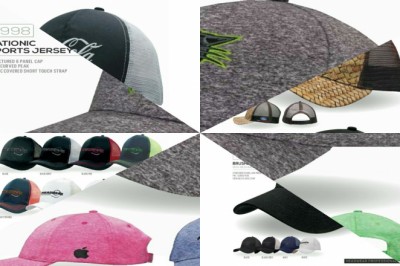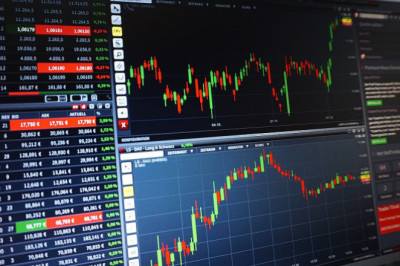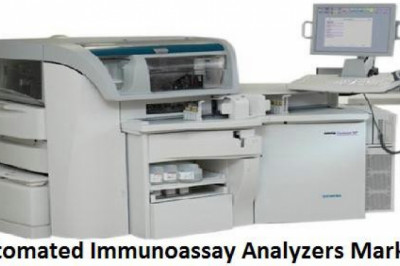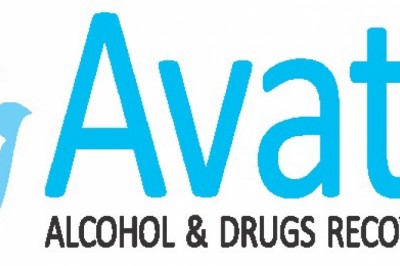views

Why Workplace Wellness Matters for GenZ
I’m 20 years old, right at the borderline between the Millennial and Gen-Z generations. This gives me an interesting vantage point from which to assess the recent paradigm shift younger generations are bringing to the workplace.
Millennials are now the largest generation of workers in the U.S. labor force, and I’ve seen firsthand how we change corporate culture. Today’s employees expect workplaces to care more about our well-being than in years past. Workplace wellness programs are becoming the third pillar of expected employee benefits.
At LIFE Intelligence, we surveyed a broad range of respondents. 80% said they would be more interested in working for a company that offered digital employee wellness and development training like ours. To an employee, it says, “We’re taking a proactive approach to develop you as a leader because we care about you and your success here.” That feels good.
But, today’s definition of workplace wellness is also broader than it used to be. At my previous job, we were given a “wellness hour” each day. While prior generations were taught to “leave personal problems are the door,” today’s employees seek out colleagues for dating advice or dieting tips. We’re getting married later, meaning a lot of single (and soon-to-be stressed) happy-hour enthusiasts. Today, professional development and personal development go hand-in-hand. That’s why LIFE's in-app program holistically covers self, career, and relationships. Because both mental health and great managers start with the lessons of managing your own health and wellness.
Ideally, trust and care creates a healthier work environment and encourages people to better collaborate and perform. However, are the perks currently in place really pulling their weight? A friend of mine works at a major company where resting areas and life-sized chess tournaments are the norm. He’s found that these resources often distract rather than support employee productivity. Many play and rest throughout the day, completing tasks at a slower pace, and going home later. They’re often more of a Band-Aid for root issues like weak communication skills. He would be better served by workplace wellness tools that support his stress or anxiety and relationship building skills.
The company my husband works for is employee-owned. If there’s an emergency, employees leave. If they’re sick, they stay home—there’s no allotted number of days off. This “asking your teacher for a hall pass” mentality is leaving the workplace, necessitating increased communication to establish trust in employees’ productivity, competence, and motivation. That culture is a big part of workplace wellness, even without being a formal program. Implementing a vacation policy without established norms could very well backfire.
A major difference between the generations is dependency. Gen-X is known to be a more hands-off generation. They’re often okay working alone and grinding out a task. Millennials are known to need more attention, direction, praise, feedback, and variety. They're looking for job purpose, work fulfillment, and belonging. Those things are all part of a broad umbrella of employee wellness. It's really about bringing your "whole self" to work. Workplace wellness isn't about fun. No, it's about developing and engaging the whole human and the whole team.
A final difference is that younger generations are more tech-savvy than ever. Our attention spans are shorter, and we can't sit through most of the workplace wellness programs an older generation puts together. After watching so much Tik Tok, we're trained to want digital, immediate tools, that only take a few minutes. This is a growing trend of micro-learning. By implementing digital workplace wellness tools, HR managers and Learning and Development leaders can not only help us grow, but grow in the way that we'll respond to best.
There’s also the problem of cultural empathy. Some of my millennial and Gen-Z friends feel Gen-X doesn’t take them seriously. Older generations have expressed that the younger generation needs to grow up and get off their phones. Participation trophies and fun-filled work environments don’t help this counter this sentiment. Older generations misunderstand workplace wellness as something that's fluffy or for the weak. Rather, workplace wellness goes right down to a company's bottom line. Whether in the form of fewer sick days, lower turnover, higher output, higher employee NPS, a more engaged and unified culture, workplace wellness does have an ROI.
GenZ needs to feel purpose in work. We want to know that companies value us and want us to grow. That can be tough when we see executive coaching tools reserved only for the top managers. (It can also be tough when we see those top managers act in ways that are incongruent with workplace wellness).
LIFE’s survey showed that employees took training recommendations most seriously if they came from employers. This was selected above recommendations from friends or professors! Companies have immense clout. They just need to use it well. It could be as simple as using apps such as LIFE as part of your leadership training, as an coaching tool affordable for everyone. If a leader champions workplace wellness, odds are they're also the type of human I'd like to work for.
Getting a group of individuals to work, communicate, and grow together–despite generational gaps–takes mindful effort and practice. Research shows that adopting techniques for effective communication, conflict management, and understanding employee values can help bridge this gap.












